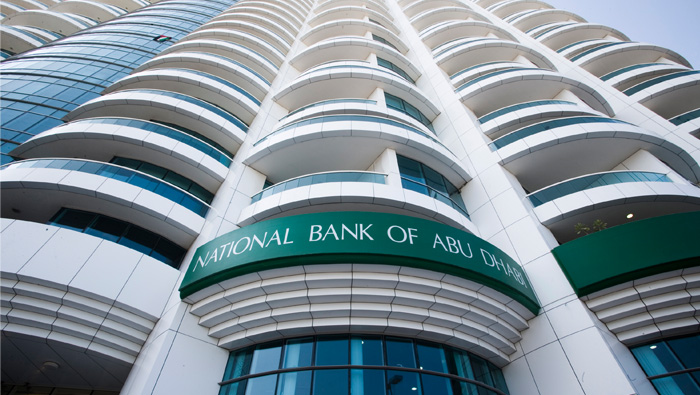
London: As the price of crude oil stays stubbornly low, investors in the Middle East are turning to deals.
Mergers and acquisitions activity in the Gulf region is set to accelerate as lower oil prices force governments and corporations to consolidate fragmented industries, according to Bank of America (BofA).
“The drop in oil prices has made people in the region go back to the drawing board and seriously analyse their existing portfolio and investments,” Wadih Boueiz, co-head of corporate and investment banking for Middle East and North Africa, said in a phone interview.
“They are taking bold decisions to rationalise existing portfolios, reduce reliance on leverage and encourage consolidation,” he added.
Crude’s more than 50 per cent plunge since the middle of 2014 has already pushed governments from Saudi Arabia to the United Arab Emirates to cut spending, privatise state assets and consolidate businesses in sectors such as banking. Money spent acquiring companies in the Middle East and Africa rose almost 300 per cent last quarter to about $30 billion, the most in at least 12 years, according to data.
‘Transformational’ change
In one of the largest-ever deals in the region, Abu Dhabi agreed to merge National Bank of Abu Dhabi and First Gulf Bank earlier this year to create a lender with assets of about $175 billion and combined market value of almost $30 billion. Boueiz said he expects further consolidation in the regional banking industry as a move to cut costs and improve efficiency among lenders.
In Saudi Arabia, Deputy Crown Prince Mohammed bin Salman is overseeing an unprecedented shakeup of the biggest Arab economy. The country plans an initial public offering Saudi Arabian Oil Company, which the prince said may value the company at more than $2 trillion. Its sovereign wealth fund invested $3.5 billion in United States ride-hailing company Uber Technologies earlier in the year to diversify its assets with more overseas acquisitions.
“What’s happening in Saudi Arabia is transformational,” Boueiz said. “That will encourage a lot of other governments in the region to also think very seriously about where they need to get to with their own fiscal and economic plans.”
Bin Salman unveiled the country’s National Transformation Plan in June. As part of the plan, the country will reduce the public-sector wage bill and subsidies by 2020, scaling back the state largess that helped ensure political loyalty in the largest Arab economy. The programme seeks to create 450,000 jobs in the private sector and aims to revamp industries such as health care.
Sovereign wealth
Boueiz, who also runs the bank’s business with sovereign wealth funds, said the groups have been selectively deploying capital in sectors such as infrastructure, health care and education. “Sovereign wealth funds are selectively deploying capital,” Boueiz said. “It’s not like the world has stopped for them.”
Qatar Investment Authority bought almost 10 per cent of Empire State Building owner Empire State Realty Trust in August, seeking to boost investments in North America and the Asia-Pacific region. Some Middle Eastern wealth funds have teamed up with Canadian investors to bid for a controlling stake in the domestic gas network of National Grid, people familiar with the matter said in April.
United Arab Shipping, owned by several sovereign wealth funds in the Middle East — including majority shareholder Qatar Investment Authority and Saudi Arabia’s Public Investment Fund — agreed to merge with Germany’s Hapag-Lloyd AG in June.
Doncasters, Sadia
Sales of assets in the Middle East and Africa also surged last quarter, up almost 200 percent to $8.7 billion, according to the data.
Charlotte, North Carolina-based Bank of America was one of the advisers chosen to work on Dubai International Capital’s sale of British engineering group Doncasters Group, people familiar with the matter said in August.
The US lender also advised Dubai-based Media.net on its $900 million sale to a Chinese consortium in August, and the bank is assisting BRF, Brazil’s biggest processed-food maker, on the potential initial public offering of its Sadia Halal unit, people familiar with the matter said last month.-